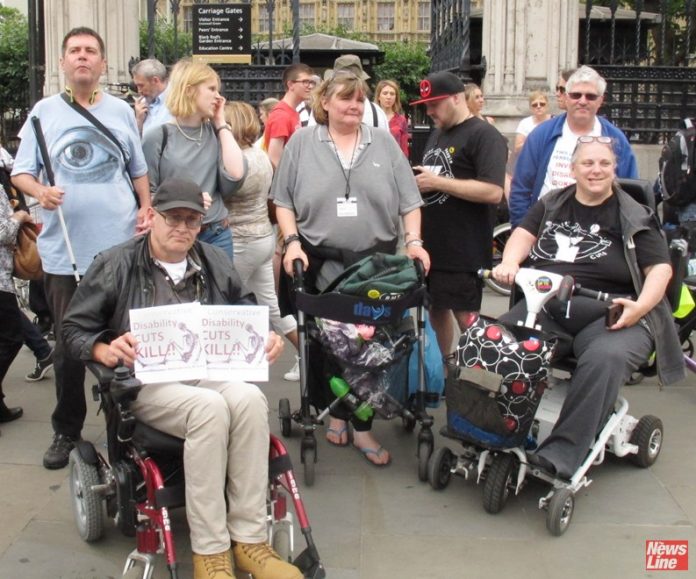
PATIENTS suffering from serious and chronic illnesses have been driven to the brink of homlessness after being declared ‘fit-for-work’ and thrown off their benefits. This is all because the Department of Work (DWP) and Pensions is instructing GPs not to issue ‘fit notes’.
This scandalous news has prompted the welfare advice charity the Zacchaeus 2000 Trust to speak out, accusing the DWP of ‘interfering with GPs and their patients’.
The charity helped one man, Louis, who was thrown into debt, forced to turn to food banks and faced eviction due to the ‘misleading’ DWP letter to his GP.
Z2K chief executive Raji Hunjan said: ‘It is not for the DWP to interfere with the GP and their patient.
‘Sending these letters directly to the GP, without even informing the patient, is putting doctors in a position which both undermines their role and puts their patients at risk.
‘The impact of these letters can be devastating.
‘We have seen how our clients, who are seriously ill, suddenly have zero income, become reliant on food bank vouchers and loans, and face a very real threat of homelessness.’
Ella Abraham, the charity’s Policy and Campaigns Officer, demanded: ‘The DWP must withdraw the letters.’
If a patient is refused Employment and Support Allowance (ESA), under DWP rules, people who appeal the ESA decision can continue to claim a basic ‘assessment rate,’ worth up to £73.10 a week, while their appeal is being carried out.
To do that they must provide evidence such as a ‘fit note’ from a GP.
However, the new-style letter from the DWP tells GPs: ‘You do not need to provide any more fit notes.’
This letter is a sharp departure from the previous version, which explicitly told GPs: ‘You may have to give your patients new medical statements’ if they appeal.
MP Frank Field warned in January: ‘There is a risk that this change will leave severely ill and disabled claimants unable to obtain ESA.’
Shadow minister for disabled people Marsha De Cordova said the ‘misleading’ letters from the DWP to GPs are leaving sick and disabled people ‘close to destitution’.
Prof Helen Stokes-Lampard, chair of the Royal College of GPs (RCGP), said the letters ‘threaten the long-standing trust that patients have in their family doctor.’